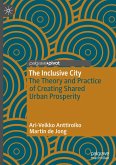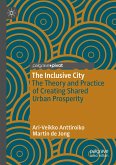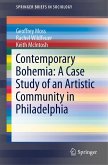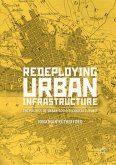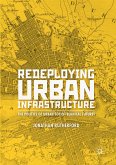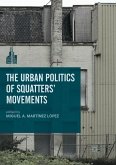This book is concerned with developing an in-depth understanding of contemporary political and spatial analyses of cities. In the three-part development of the book's overall argument or premise, the reader is taken in Part I through a range of contemporary critical and political understandings of urban securitizing. This is followed by an historical urban landscape of emerging liberalism and neo-liberalism, in nineteenth-century Britain and twentieth-century United States, respectively. These case-study historical chapters enable the introduction of key political issues that are more critically assayed in Parts II and III. With Part II, the reader is introduced in depth to a series of spatial analyses undertaken by Michel Foucault that have been crucial for especially late-twentieth and twenty-first century urban theory and political geography. With Part III the full ramifications of a paradigmatic shift are explored at the level of rethinking territory, population and design.
This book is timely and useful for readers who want to develop a stronger understanding of what the book's researchers term a new political paradigm in urban planning, one ultimately governed by global economic forces that define the end of probability.
This book is timely and useful for readers who want to develop a stronger understanding of what the book's researchers term a new political paradigm in urban planning, one ultimately governed by global economic forces that define the end of probability.



